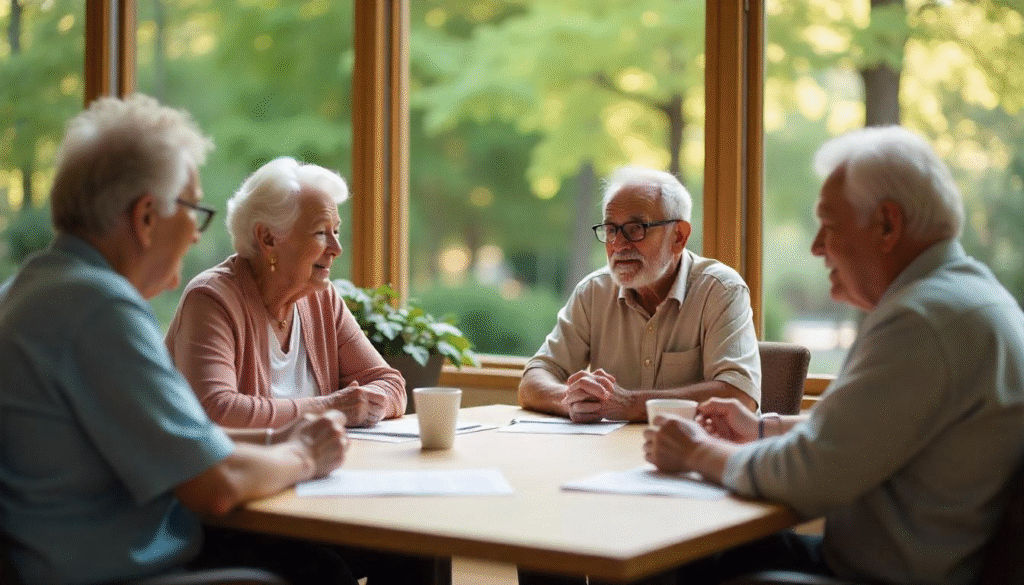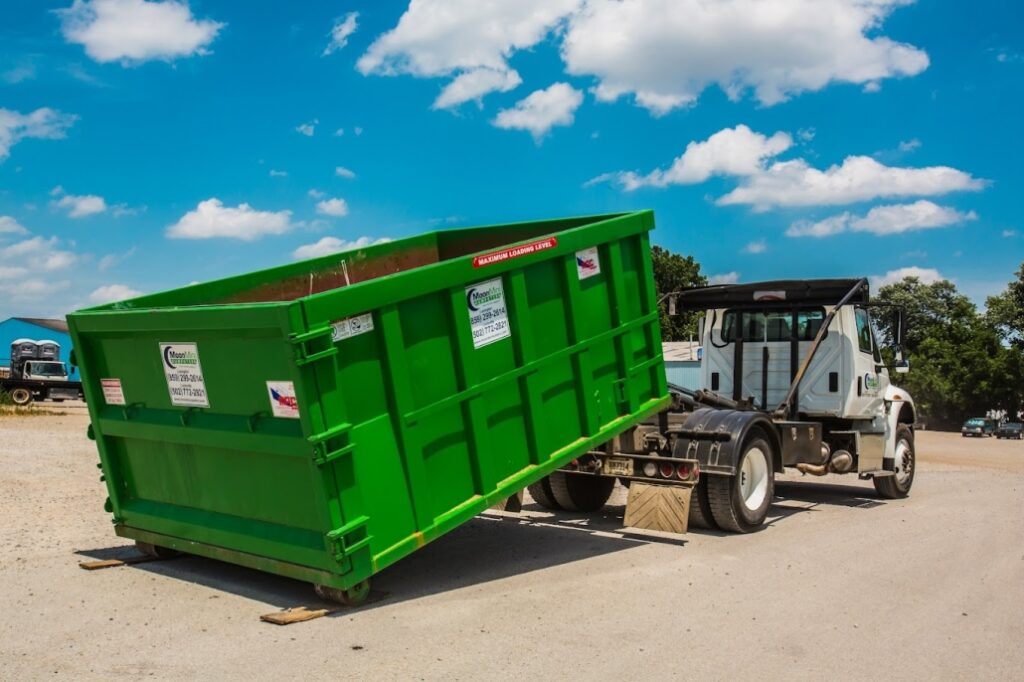Since Canada legalized recreational cannabis in October 2018, attitudes toward its use have evolved significantly. For parents in Surrey, British Columbia — a region with a rich cultural blend and growing population — cannabis legalization has sparked critical conversations about safety, stigma, education, and access. This article explores how Surrey parents are navigating this new landscape, balancing personal freedoms with parental responsibilities.
1. Shifting Perceptions of Cannabis: From Taboo to Tolerated
Before legalization, cannabis was often associated with delinquency or rebellion. Today, many Surrey parents view it differently:
- Normalization: Cannabis use has become more visible and accepted among adults, especially for medicinal purposes.
- Regulation = Reassurance: Legal oversight offers some peace of mind regarding product safety and age restrictions.
- Informed Opinions: Access to scientific research has helped dispel outdated myths and allow for more educated discussions.
However, this doesn’t mean complete acceptance. Many parents still express concern over early exposure, accessibility, and long-term effects, particularly for teens.
2. Concerns Around Youth Access and Exposure
Surrey parents, especially those with teenagers, often cite the following anxieties:
- Accessibility: Despite age restrictions, some parents worry about black-market sources and peer pressure.
- Influence of Social Media: Platforms often glamorize cannabis use, downplaying potential health risks.
- Cognitive Development: There’s widespread concern over the impact of cannabis on brain development in adolescents.
Responsible Conversations at Home
Many parents are now taking a proactive educational approach:
- Open, non-judgmental discussions about risks.
- Establishing clear rules around cannabis.
- Modeling responsible behavior themselves.
3. Legalization and Convenience: The Role of Delivery Services
Convenience has changed the way cannabis is accessed — not just for users, but also in how parents perceive it. With reliable local delivery services, cannabis products are now treated more like any other regulated adult item.
For some parents, this raises concerns; for others, it reinforces the normalization of responsible use.
Example: With services like weed delivery Surrey, users can order products with lab testing, clear labeling, and secure packaging. This reduces the reliance on unverified sources and supports safer consumption practices.
Such convenience has also prompted discussions among parents about safe storage, especially in homes with children or teens.
4. Cultural Attitudes Within Surrey’s Diverse Communities
Surrey is home to a variety of cultures, and attitudes toward cannabis often differ based on:
- Religious beliefs
- Ethnic backgrounds
- Generational divides
In some communities, cannabis remains deeply stigmatized, and legalization has done little to change that perception. For others, particularly younger immigrant families, there’s a more open dialogue centered on harm reduction rather than abstinence.
Community organizations in Surrey have begun offering multilingual education workshops to bridge these cultural gaps and promote informed choices.
5. Cannabis Edibles: Are Parents Paying Attention?
With the rise of cannabis-infused edibles, many parents express confusion around shelf-life, potency, and safety. Edibles often resemble candies or baked goods, making them a high-risk form of accidental ingestion in homes with young kids.
Some common parental concerns include:
- Label clarity: Not all packaging makes THC content immediately clear.
- Storage issues: Edibles are easily mistaken for regular snacks.
- Expiration confusion: Many parents aren’t sure how long these products remain safe.
For clarity on this topic, it’s crucial to address questions like Can You Eat Expired Edibles? to understand potential health risks and how to handle aging products. Knowledge like this empowers parents to make safer decisions at home.
6. How Schools and Community Programs Are Responding
To support parents, Surrey’s education system and local initiatives have ramped up:
- School-based education programs that include cannabis awareness alongside other substances.
- Parent information nights are hosted by health professionals.
- Partnerships with law enforcement and mental health organizations to provide resources and counseling.
These efforts aim to create a unified approach between families, schools, and communities in addressing post-legalization cannabis use.
7. The Balancing Act: Parental Use Without Compromising Responsibility
One of the more nuanced challenges is how parents who use cannabis themselves manage the optics and logistics around their children. Many are asking:
- How do I store products responsibly?
- Should I disclose my cannabis use to my kids?
- What boundaries should I establish?
Experts suggest treating cannabis much like alcohol — modeling moderation, honesty, and accountability.
Conclusion
Surrey parents are navigating cannabis legalization with caution, curiosity, and care. While attitudes have shifted positively toward responsible use, concerns remain around youth exposure, safety, and education. As the community continues to evolve, the focus is on informed decisions, respectful dialogue, and proactive parenting.




